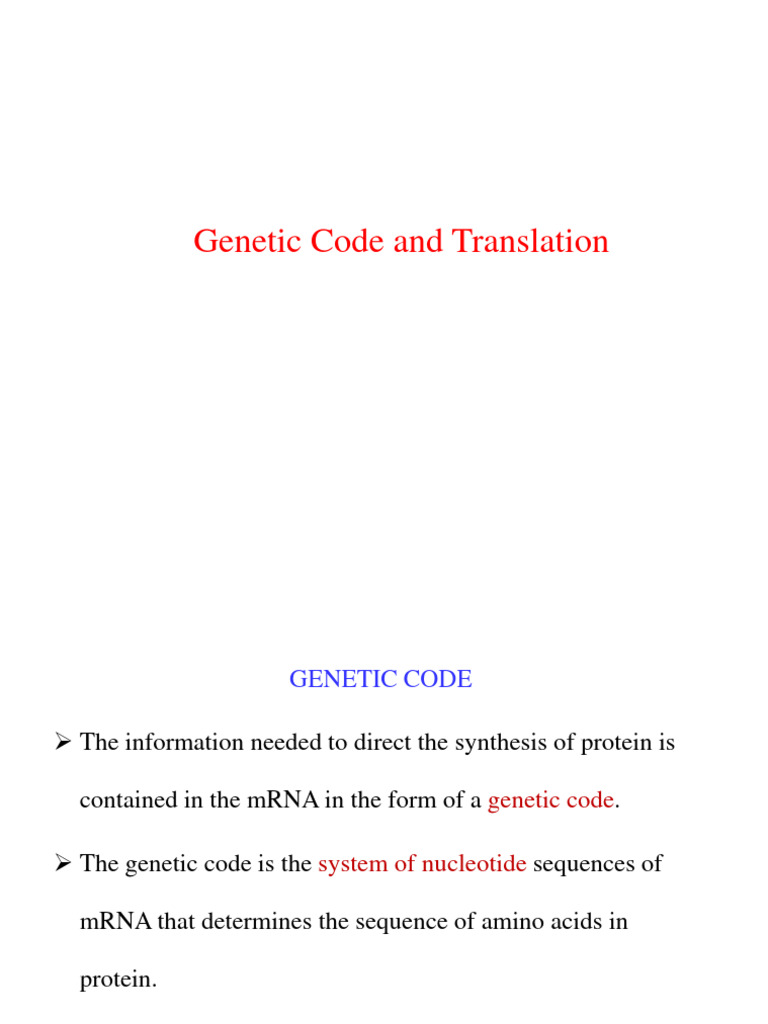Does Blood Contain DNA? Uncover the Facts Now!

Have you ever wondered, "Does blood contain DNA?" This question often arises in discussions about genetics, forensics, and medical testing. Blood, a vital component of our body, plays a crucial role in transporting nutrients, oxygen, and waste products. But what about its genetic content? In this post, we’ll explore the relationship between blood and DNA, uncovering facts that will satisfy both informational and commercial intents. Whether you’re curious about DNA testing, genetic inheritance, or blood-based diagnostics, this guide has you covered.
What is DNA and Where is it Found?

DNA, or deoxyribonucleic acid, is the molecule that carries genetic instructions for the development, functioning, and reproduction of all living organisms. It is often referred to as the blueprint of life. But where exactly is DNA located in the body?
- Nucleus of Cells: Most DNA is found in the nucleus of cells, packaged into structures called chromosomes.
- Mitochondria: A small amount of DNA is also present in mitochondria, the cell’s energy-producing organelles.
📌 Note: DNA is not exclusive to humans; it is present in all living organisms, from plants to bacteria.
Does Blood Contain DNA?

Yes, blood does contain DNA, but not all components of blood carry it. Here’s a breakdown:
| Blood Component | Contains DNA? |
|---|---|
| Red Blood Cells (RBCs) | No (mature RBCs lack a nucleus) |
| White Blood Cells (WBCs) | Yes (nucleus contains DNA) |
| Platelets | No (lack a nucleus) |
| Plasma | Minimal (free-floating DNA from cell breakdown) |

White blood cells, also known as leukocytes, are the primary source of DNA in blood. This makes blood a valuable sample for DNA testing and genetic analysis.
Why is Blood DNA Important?

Blood DNA plays a critical role in various fields, including:
- Forensics: Used in criminal investigations to identify suspects or victims.
- Medical Diagnostics: Helps diagnose genetic disorders and diseases.
- Paternity Testing: Determines biological relationships between individuals.
- Research: Advances our understanding of genetics and inherited traits.
For those interested in DNA testing kits or genetic counseling, blood samples are often the go-to choice due to their reliability.
How is Blood DNA Extracted?

Extracting DNA from blood involves several steps:
- Collection: A blood sample is drawn using a sterile needle.
- Isolation: White blood cells are separated from other components.
- Lysis: Cell membranes are broken down to release DNA.
- Purification: DNA is separated from proteins and other contaminants.
- Analysis: The extracted DNA is ready for testing or sequencing.
This process is commonly used in laboratories and DNA testing services.
Key Takeaways: Does Blood Contain DNA?

- ✅ Blood contains DNA primarily in white blood cells.
- ✅ Red blood cells and platelets do not carry DNA.
- ✅ Blood DNA is essential for forensics, diagnostics, and genetic research.
- ✅ DNA extraction from blood involves collection, isolation, lysis, purification, and analysis.
In summary, blood does contain DNA, specifically within white blood cells. This genetic material is invaluable for various applications, from solving crimes to understanding inherited traits. Whether you’re exploring DNA testing options or simply curious about genetics, knowing the facts about blood and DNA is essential. For those looking to dive deeper, consider consulting genetic experts or investing in reliable DNA testing kits.
Can DNA be extracted from red blood cells?
+No, mature red blood cells lack a nucleus and therefore do not contain DNA.
Is blood the only source of DNA for testing?
+No, DNA can also be extracted from saliva, hair follicles, and other tissues, but blood is a common and reliable source.
How accurate is DNA testing using blood samples?
+Blood-based DNA testing is highly accurate, especially when performed by reputable laboratories using advanced techniques.
DNA testing, genetic inheritance, blood-based diagnostics, forensic science, genetic disorders, paternity testing, DNA extraction, white blood cells, genetic counseling, DNA testing kits.



